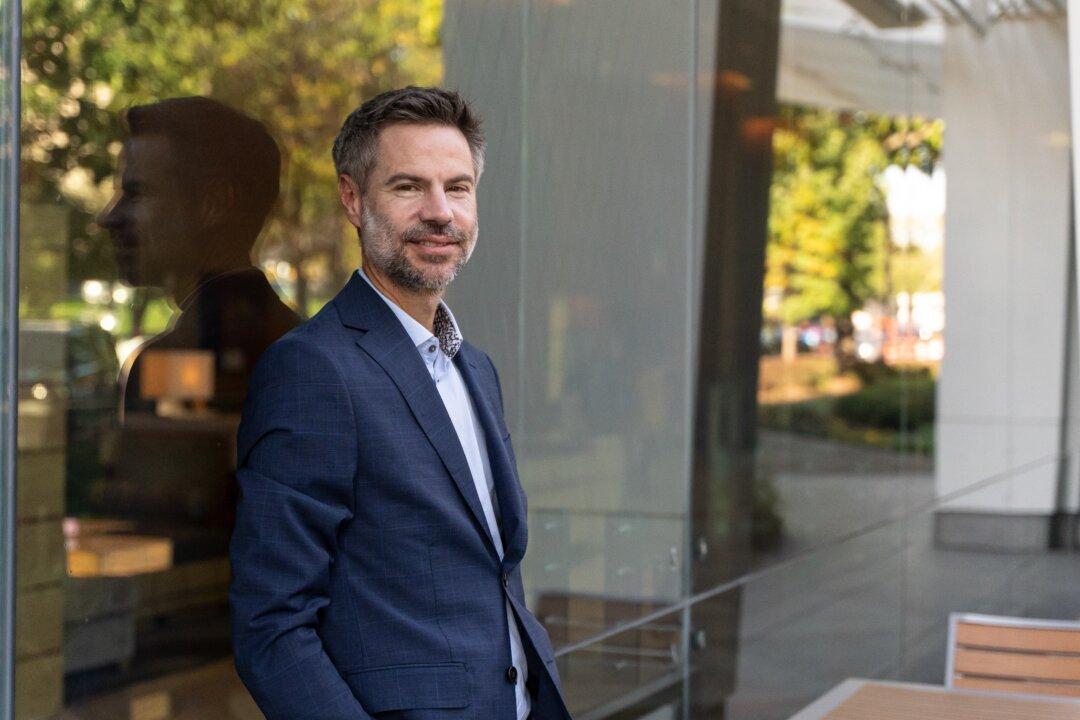Government subsidies for homeless Americans can be more hurtful than helpful, according to Michael Shellenberger, author of “San Fransicko: Why Progressives Ruin Cities.”
“We have a situation here where we’re literally paying people in the form of cash, welfare, housing, and other services to live in tents on the street, use hard drugs, defecate publicly, and commit crimes,” he said on EpochTV’s “American Thought Leaders” program. The full episode will be released on Thurs. Oct. 28 at 7 p.m. ET on EpochTV.






